CIRCULAR ECONOMY
Solve crises – act in circles!
/ OUR OFFER
CIRCULAR ECONOMY
IT ALL DEPENDS ON THE RIGHT PARTNER. WHY IT TAKES THE RIGHT PARTNER TO ESTABLISH A CIRCULAR ECONOMY
The circular economy is considered the most sustainable way of doing business. The simplest way to define it is as thinking and acting in healthy, closed circles. It is also often described as the “economy of zeros” because its goals are zero pollutants, zero waste, zero emissions.
The EU rightly regards the circular economy as THE approach to decouple positive economic development from resource consumption and to make it climate-friendly. The European Green Deal, sustainability reporting and the EU taxonomy therefore not only mention the circular economy, but describe and demand it as a major goal and basic principle of sustainable business.
Those who quickly find their way into the new logic of technically and biologically closed cycles will be on the safe side with regard to the coming regulations.
We at Terra Institute accompany companies as well as interest groups and regions on their way to a regenerative circular economy.
WHAT ARE THE ADVANTAGES FOR CLIENTS OF THE TERRA INSTITUTE’S ADVICE ON THE CIRCULAR ECONOMY?
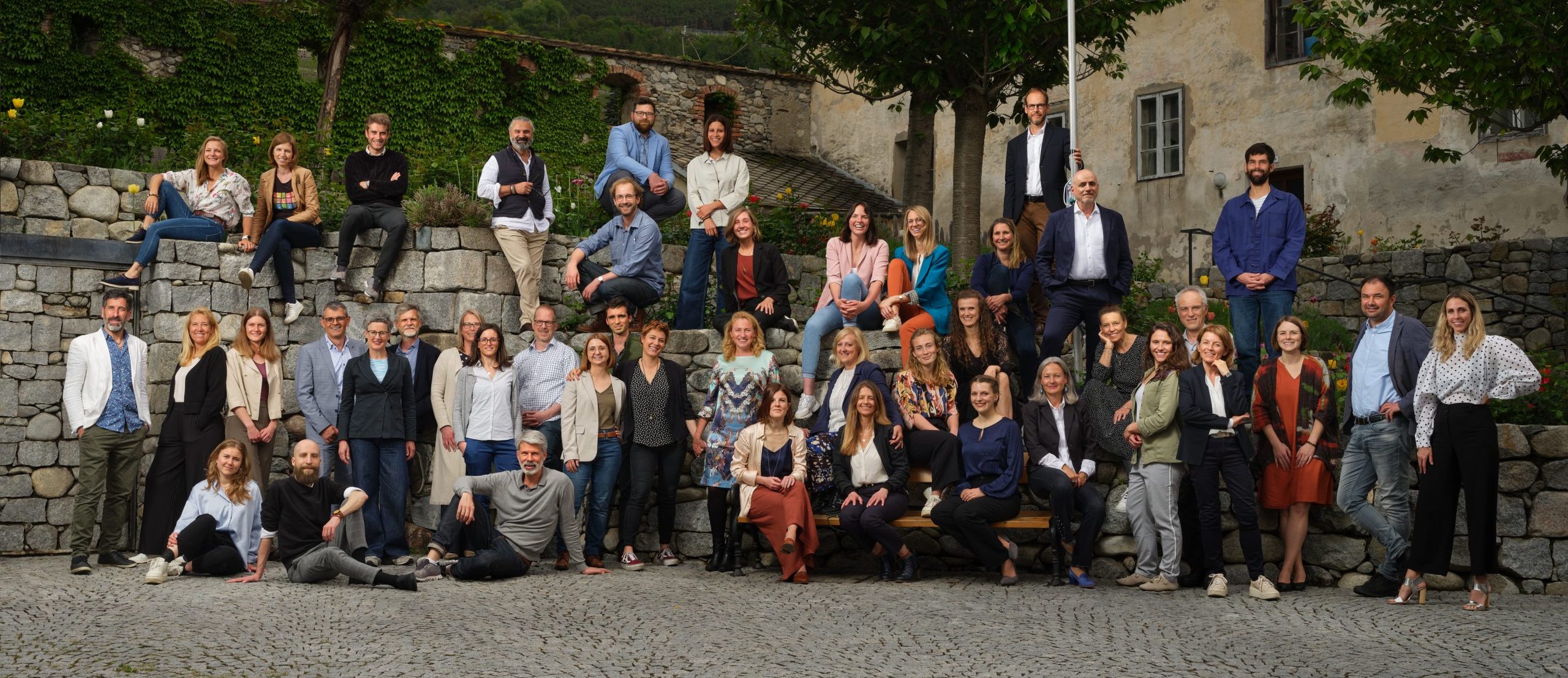
Ecological circular economy is a counter-model to the current “take, make, waste” logic, which is based on the one-time use of resources and produces immense amounts of waste and massive overuse of our planet. Half of all greenhouse gas emissions, more than 90% of biodiversity loss and massive water stress are due to resource extraction and processing.
With its many years of experience in integral and systemic transformation support, the Terra Institute is a competent partner in the development of a “Circular Culture”.
THE COMPANIES
THAT HAVE CHOSEN US



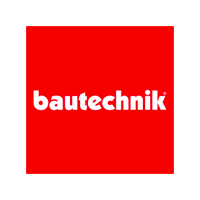
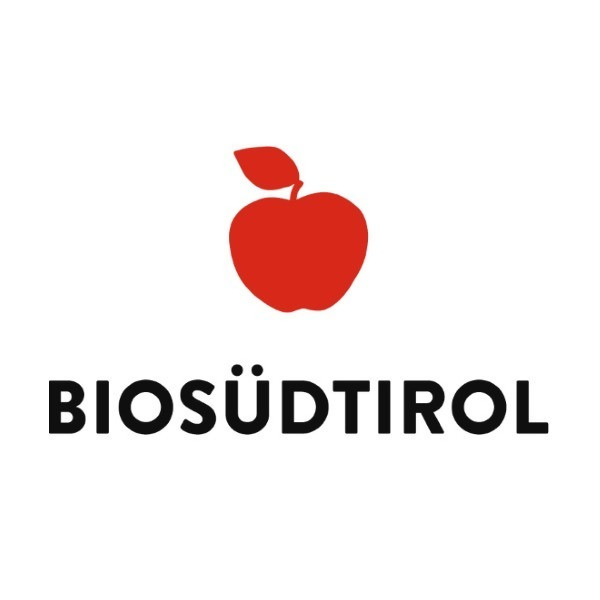
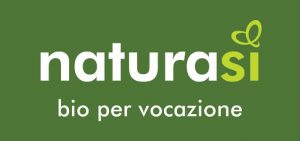
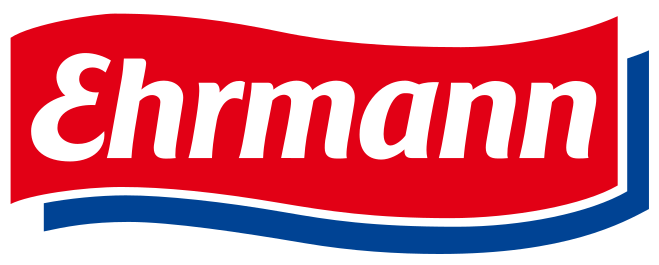
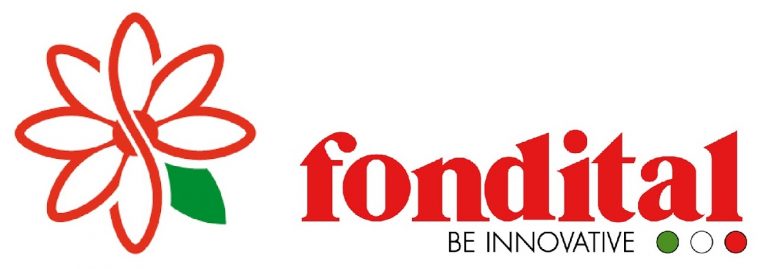
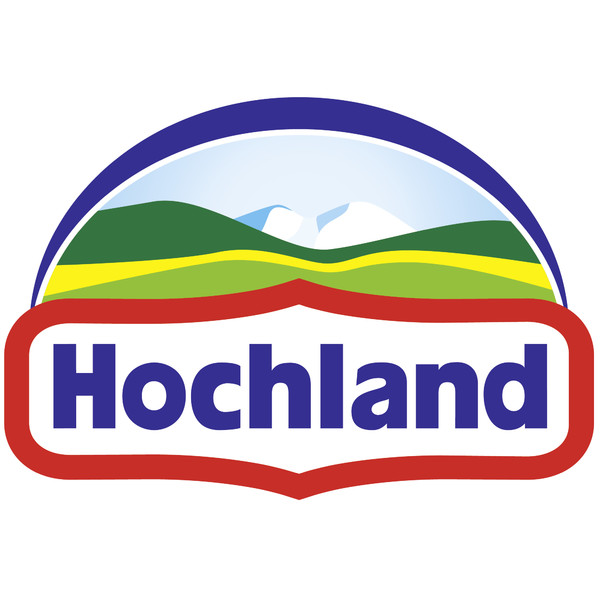
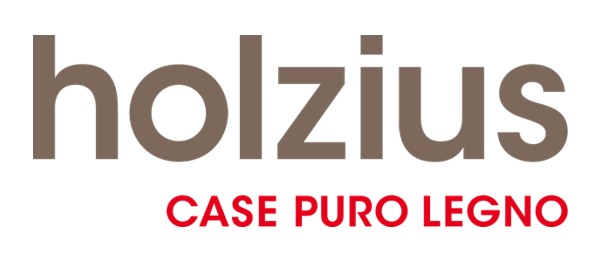


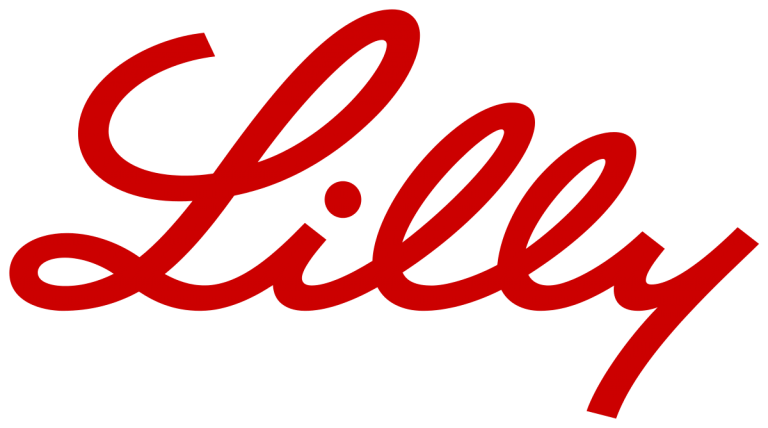


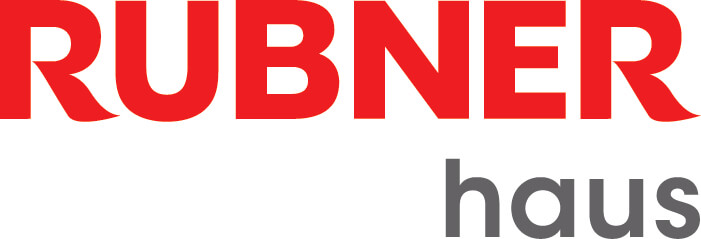

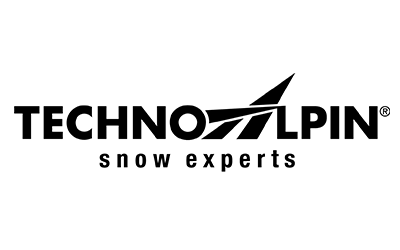
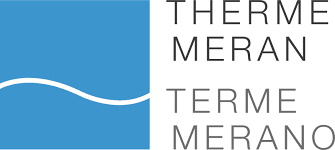
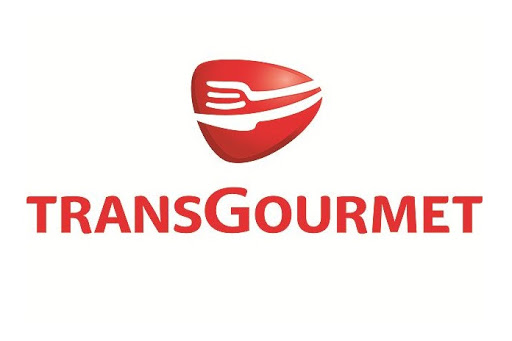

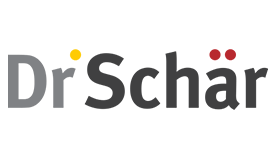
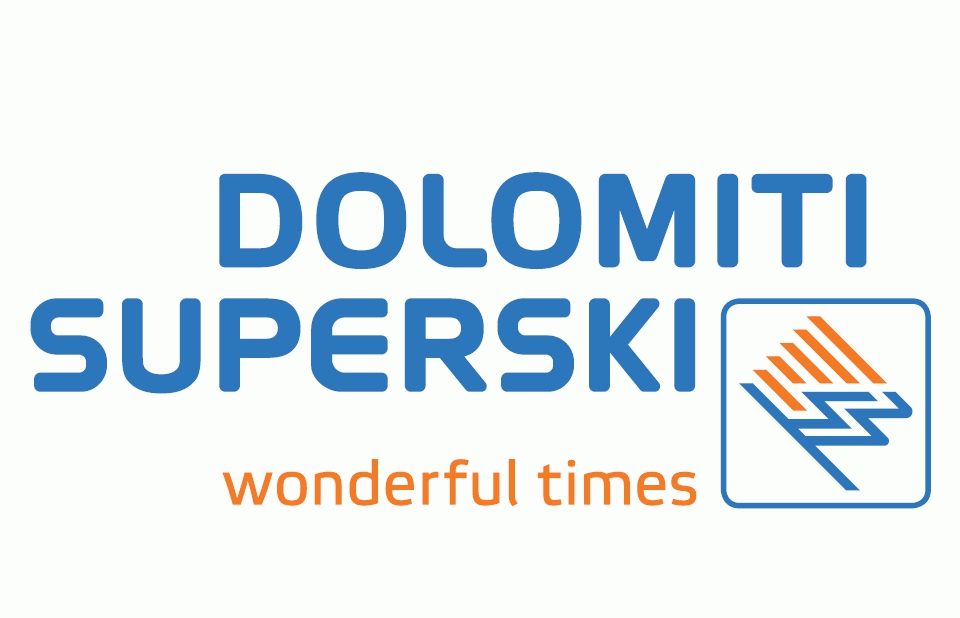
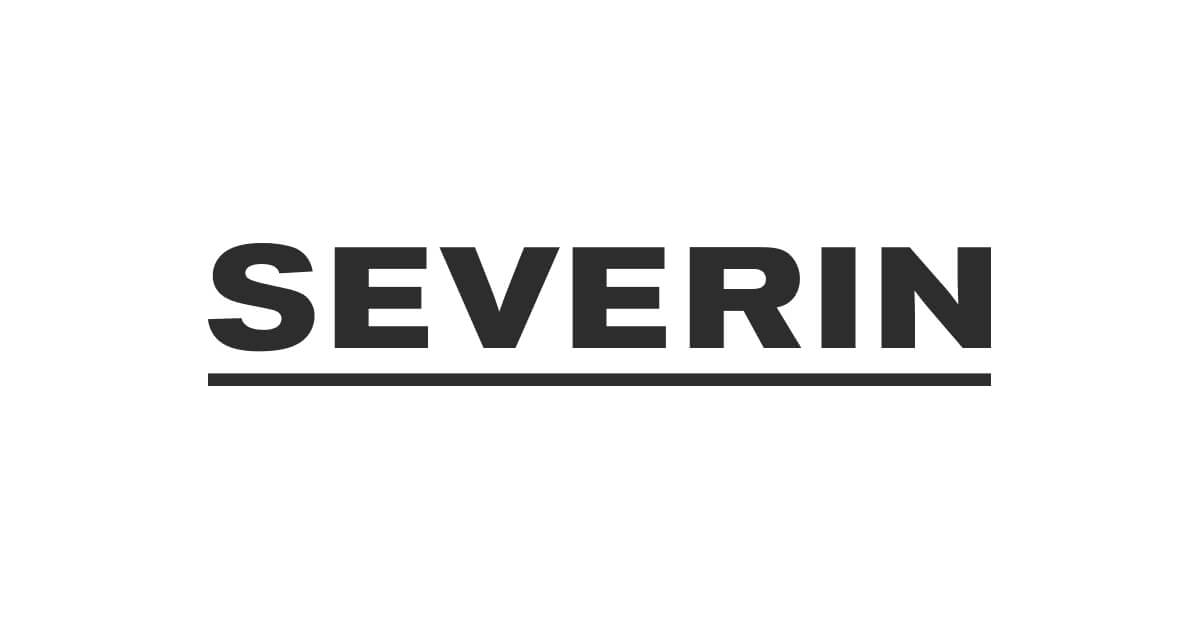


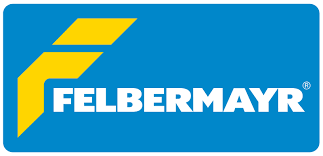
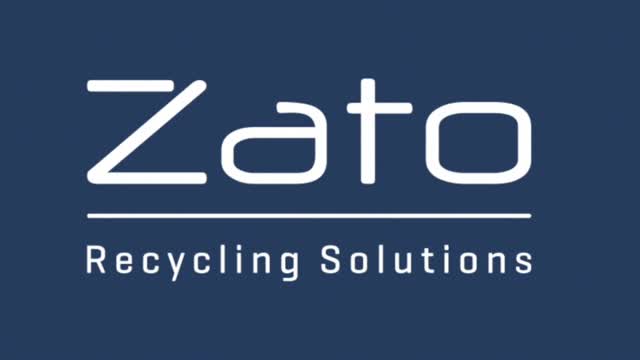
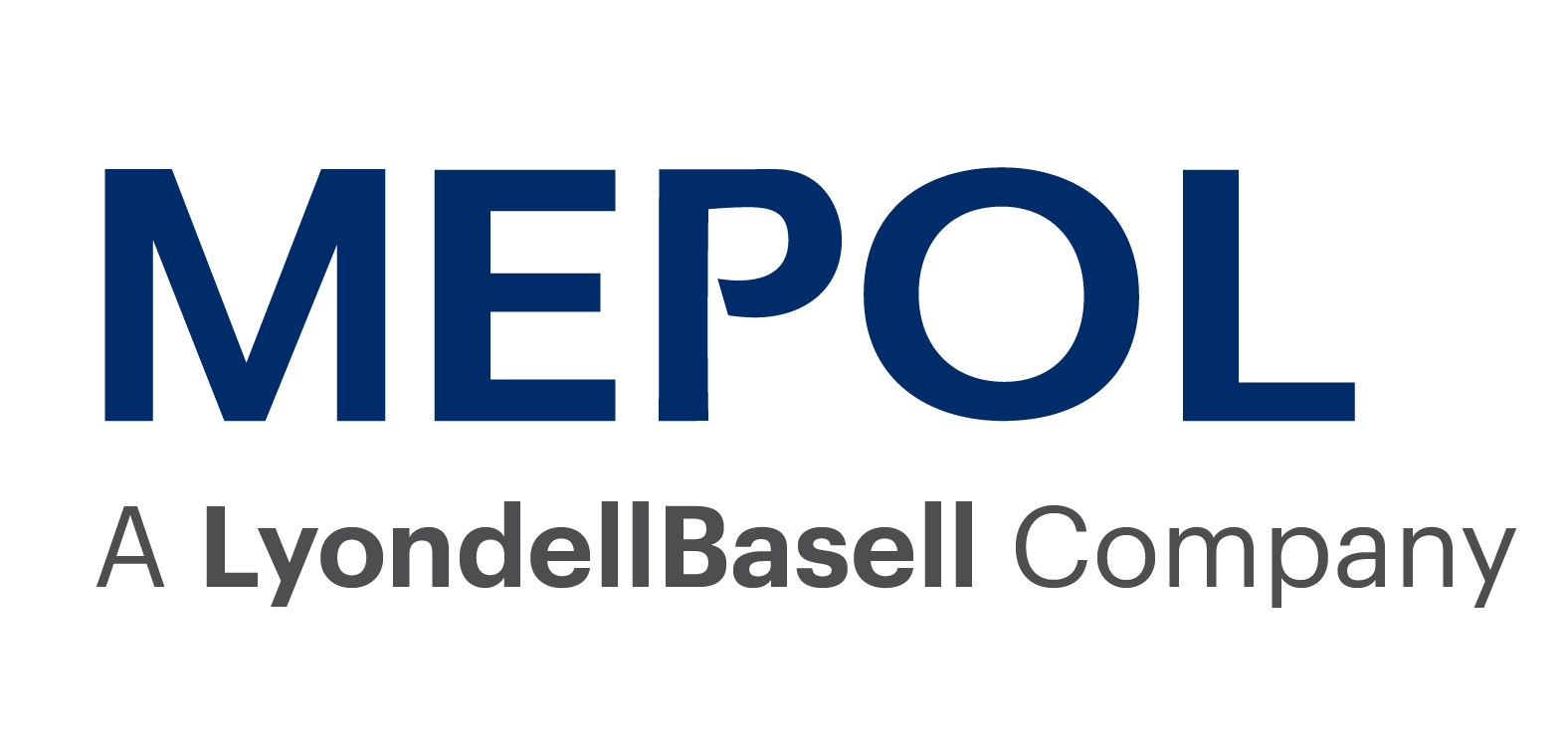

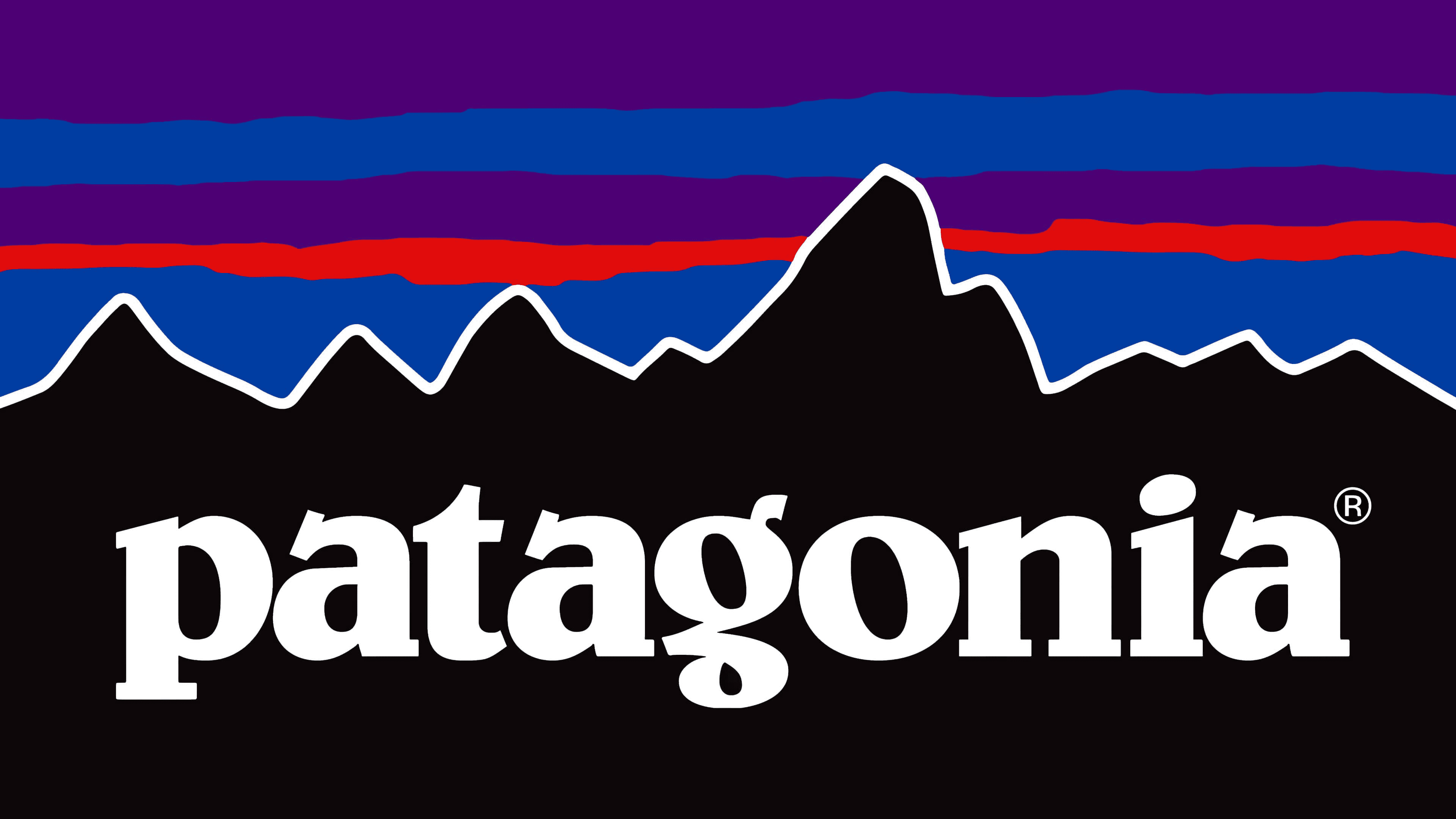

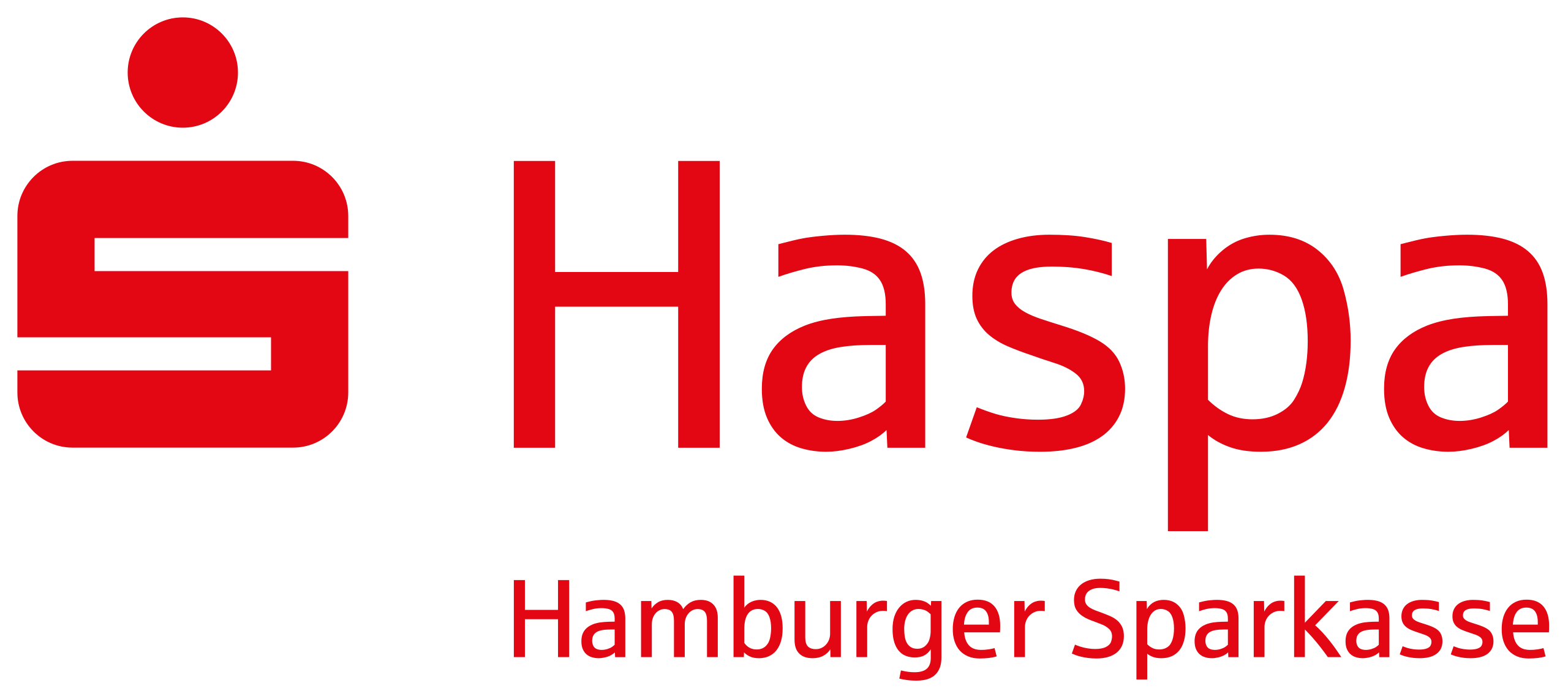

„Designing out Waste“
The circular economy leads from a throwaway society to an adoption society: people no longer own products, but take them into use and care for them, share them, pass them on and, in the end, return them so that they can be disassembled and renewed and the material cycles close again. Establishing the circular economy approach in companies thus means fundamentally rethinking value cycles: from processes to product design, in resource management and in the supply chain.
We at the Terra Institute make this new form of economic thinking easily accessible and provide an overview of potentials and opportunities for regenerative resource use through circular management.
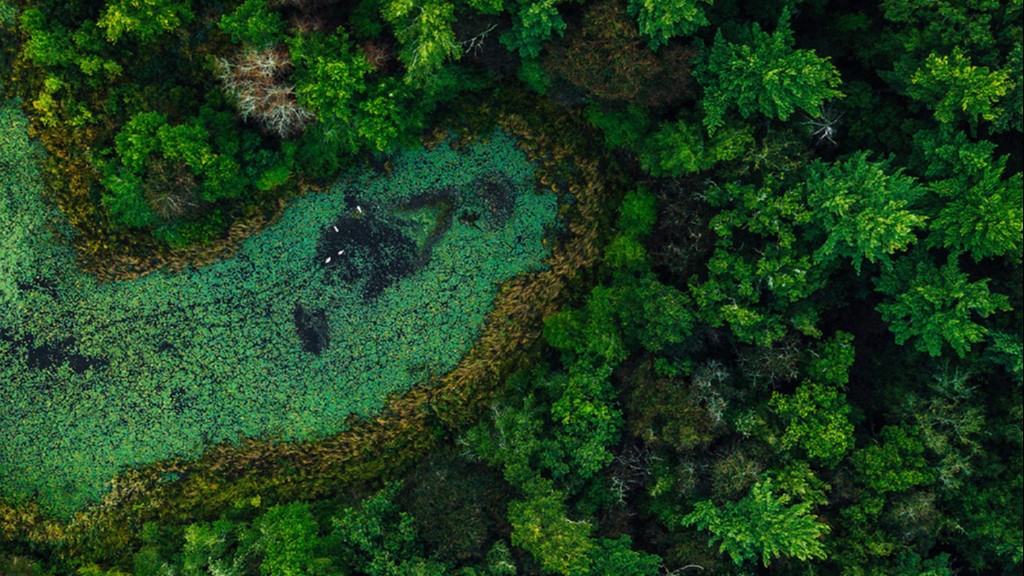
RECOGNISING POTENTIAL SAVINGS
Reducing resource consumption and maximising the value of existing resources,
Reducing greenhouse gas emissions, waste volumes and water and environmental pollution.
Based on the identified potentials, we accompany the development of coherent and innovative concepts and the derivation of holistic circular strategies, goals and implementation measures.
This is how sustainable and circular business models are created.
NEW FORMS OF COLLABORATION AND CO-CREATION
Involving relevant stakeholders, seeing oneself as a piece of the puzzle and working together across the upstream and downstream supply chain towards an overarching goal requires a paradigm shift from ME to WE, to lived cooperation.
WHAT MAKES CONSULTING AND WORKING WITH TERRA SO UNIQUE?

We don’t just advise companies, we accompany them together into a circular and thus more sustainable future:
- Inspiration – understanding the circular economy! Imparting new ways of thinking, implementation-oriented tools and methods for change.
- Analysis of the status quo along the company’s value chain. Assess circular potential, identify lost value and critical inefficiencies from a circular economy perspective.
- Involvement of relevant stakeholders, facilitation of coordinated exchange and co-creation.
- Development of circular concepts in the product and service sector. Recycling of materials with the highest possible value retention.
- Transformation – developing new business models, circular innovations and business strategies. By thinking in terms of business models AND ecosystems, we accompany a holistic transformation.
Together we find fundamentally better solutions!
OUR KNOWLEDGE FOR THE BENEFIT OF OUR CLIENTS
-
- We provide information on the legal framework and requirements during the consulting process.
- We accompany the use and translation of the circular strategies developed in the joint process for the fulfilment of other corporate requirements and regulations (CSRD, EU Taxonomy Regulation, Supply Chain Act, etc.).
- There are numerous funding instruments (national and EU) for circular transformation, we are happy to act as a partner in funding projects.
THE 10 R’S OF THE CIRCULAR ECONOMY AS A GUIDING MODEL FOR CIRCULAR TRANSFORMATION
As a guideline for circular orientation, analysis along the value chain and for circular business model development, Terra uses the 10 R’s assessment system.
Here, the principles of the circular economy become compactly visible:
- Refuse – Make redundant, sell performance instead of products, product benefits are delivered differently.
- Rethink – rethink and design circularly from the start
- Reduce – Reduce through less use of resources
- Reuse – to reuse
- Repair
- Refurbish – Refresh and improve, bring technically up to date
- Remanufacture – reuse intact parts from defective products
- Repurpose – To use in a different way, in a new product with a different effect.
- Recycle – Recycling, use as secondary raw material
- Recover, e.g. if all the previous Rs cannot be used, the last option is to recover energy from the waste.
NEW OFFER FOR COMPANIES IN GERMANY: THE CIRCULAR BUSINESS ASSESSMENT
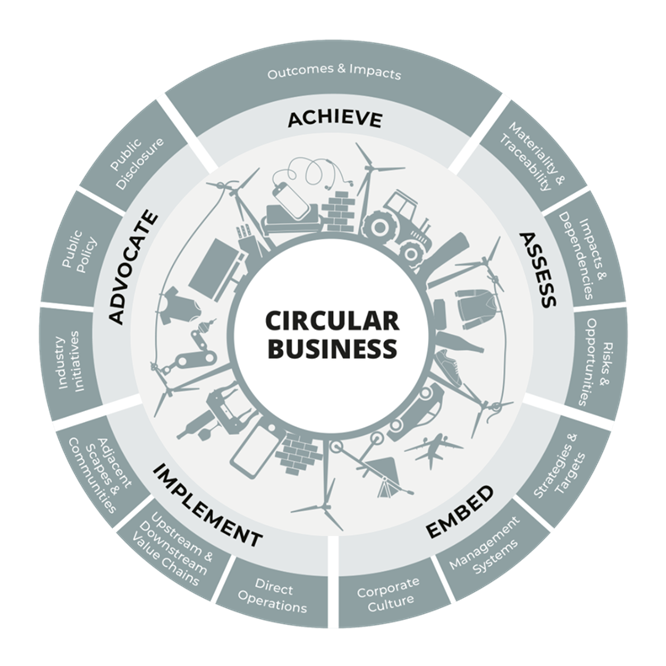
Together with One Planet Business, the Terra Institute offers the Circular Business Assessment developed by WWF Germany to support companies on their transformation path towards “circular business”. The CBA shows companies their level of maturity in the circular economy. By completing the assessment, it becomes clear where companies currently stand in their endeavours towards circularity and how they can improve. In the sense of a holistic support process, the assessment covers normative, strategic and operational fields of action: based on impacts and dependencies, risks and opportunities, it evaluates strategies and goals, corporate culture and management systems as well as operational processes and supply chains.
Transparent assessment of effectiveness
The tool uses a variety of criteria to transparently assess these areas of action and the results and impacts achieved. It also takes into account the extent to which a company advocates a circular economy to interest groups and how transparent its reporting is. We guide companies step by step through the assessment and provide them with specific recommendations for their individual transformation plan.
Terra is delighted about the new cooperation with One Planet Business. The two organisations share an interest in providing impact-oriented and sustainable support to companies that want to make a genuine impact-oriented contribution to greater sustainability.
THE MOST FREQUENTLY ASKED QUESTIONS ABOUT CIRCULAR ECONOMY – FAQS
1. WHAT IS A CIRCULAR ECONOMY?
Circular economy …
- … is a regenerative economic model that includes nature and climate protection.
- … increases the value of material resources and at the same time reduces total resource consumption, greenhouse gas emissions, waste and pollution to a minimum.
- … creates resilient value chains and reduces dependencies within global supply chains.
- … has a very high potential for innovation and digitalisation.
- … starts with design and goes very far beyond improving waste management and recycling.
- … improves the use and extends the life of products and materials.
- … creates completely new uses for materials that were previously waste.
- … thinks intelligently and in a networked way.
- … strengthens ecological, economic and social sustainability.
2. ADVANTAGES: WHY DO WE NEED A CIRCULAR ECONOMY?
In the first half of every year, “Earth Overshoot Day” repeats itself, the day on which humanity has used up renewable resources and thus lives at the expense of future generations.
To stop this from happening, we need to transform our linear economy into a circular economy in which nothing is thrown away, but raw materials and products remain in cycles.
Only then will the basis be created for resources to no longer be lost in landfills and for the biosphere to regenerate itself comprehensively. The circular economy is our creative opportunity to tackle climate change head-on and decarbonise the economy.
3. WHAT ARE THE GOALS OF THE CIRCULAR ECONOMY?
The four major EU objectives of the circular economy are:
- Environmental protection and decarbonisation
The circular economy massively slows down the use of natural resources, reduces the destruction of landscapes and habitats and helps to limit biodiversity loss.
Designing more circular and therefore more efficient and sustainable products and packaging that can be reused, upgraded, repaired and recycled reduces energy consumption, waste volumes and their environmental impact radically.
- Reduce dependence on raw materials
Resources are becoming scarce. Finite supplies also mean that EU Member States are dependent on other countries for their supply of raw materials.
According to Eurostat, the EU imports about half of the raw materials it consumes. The total value of trade (imports plus exports) in raw materials between the EU and the rest of the world has almost tripled since 2002, with exports growing faster than imports. Regardless, the EU still imports more than it exports. In 2021, this led to a trade deficit of €35.5 billion.
The recycling of raw materials mitigates supply risks such as price fluctuations, availability and import dependency. This is especially true for critical raw materials needed to produce technologies that are crucial to achieving climate goals.
- More jobs
The transition to a circular economy is expected to increase competitiveness, enable economic growth decoupled from resource consumption and stimulate innovation.
According to EU forecasts, this is expected to create a total of 700,000 new jobs by 2030. The redesign of materials and products for circular use also promotes the future viability of a wide range of economic sectors.
- Lower costs for consumers
Consumers get more durable and innovative products that improve quality of life and save money in the long run.
4. HOW DOES THE EU PROMOTE THE CIRCULAR ECONOMY?
The EU’s goal is a climate-neutral, socially just circular economy. Circular economy reduces pressure on natural resources and is an essential prerequisite for achieving the goal of climate neutrality by 2050 and halting biodiversity loss.
To achieve this, the EU (and also the member states) provides numerous high-dollar funding instruments. New funding approaches are constantly being announced to accompany all related regulations.
5. NORMS & STANDARDS: IEC STANDARD FOR THE IMPLEMENTATION OF THE CIRCULAR ECONOMY
The German Institute for Standardisation (DIN), the German Commission for Electrical, Electronic & Information Technologies in DIN and VDE (DKE) and the Association of German Engineers (VDI) published the Circular Economy Standardisation Roadmap in January 2023.
The roadmap describes the challenges that the industries face in their transition to a circular economy and which standards are needed to create this. It was developed by more than 550 experts from business, science, the public sector and civil society.
The roadmap comprises seven key topics, which are oriented towards the focus topics of the EU’s Circular Economy Action Plan:
- Digitalisation,
- business models and management,
- Electrical engineering and ICT,
- Batteries,
- Packaging,
- plastics,
- textiles, buildings and municipalities.
It provides an overview of the status quo of standardisation in these areas and, above all, identifies needs for future norms and standards. Among other things, topics such as requirements for reusable systems, standardised reusable packaging, quality requirements for secondary raw materials and the definition of the longevity of products play a role.
In addition, five cross-cutting issues were identified that affect all focal points:
- Sustainability Assessment,
- lifetime extension,
- digital product passport (DPP),
- Recyclability,
- End of Waste.
Circular Economy – OUR TEAM
Emanuela Vedovati
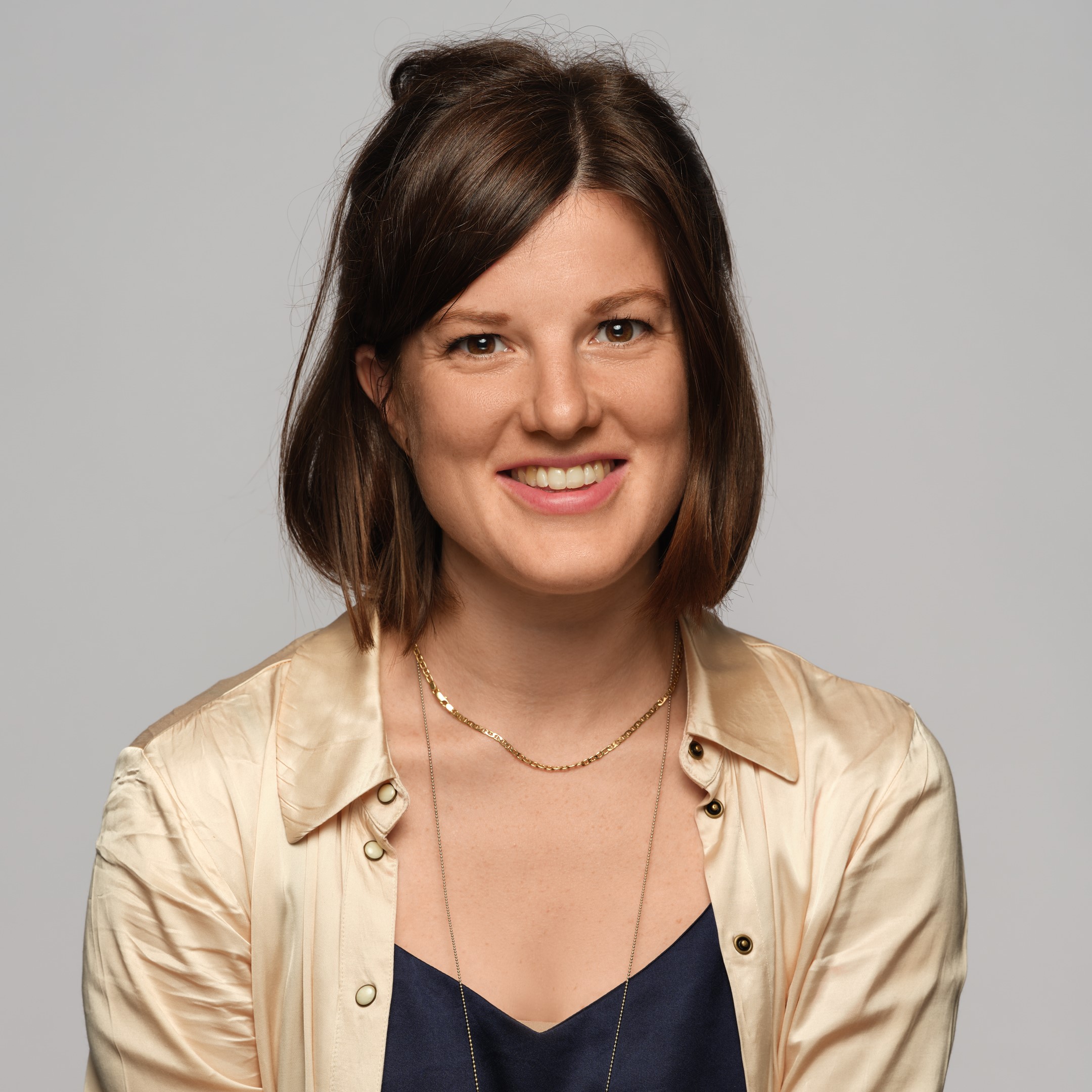
Emanuela has a degree in economics and social sciences with a focus on environmental economics and social responsibility. Over the years, she has specialised in circular economy and sustainability issues.
She works with clients to develop strategic development and reporting pathways, circular approaches, stakeholder dialogues and sustainable supply chain management design. In 2019, she launched a training facility on circular economy in collaboration with two partners.
Evelyn Oberleiter
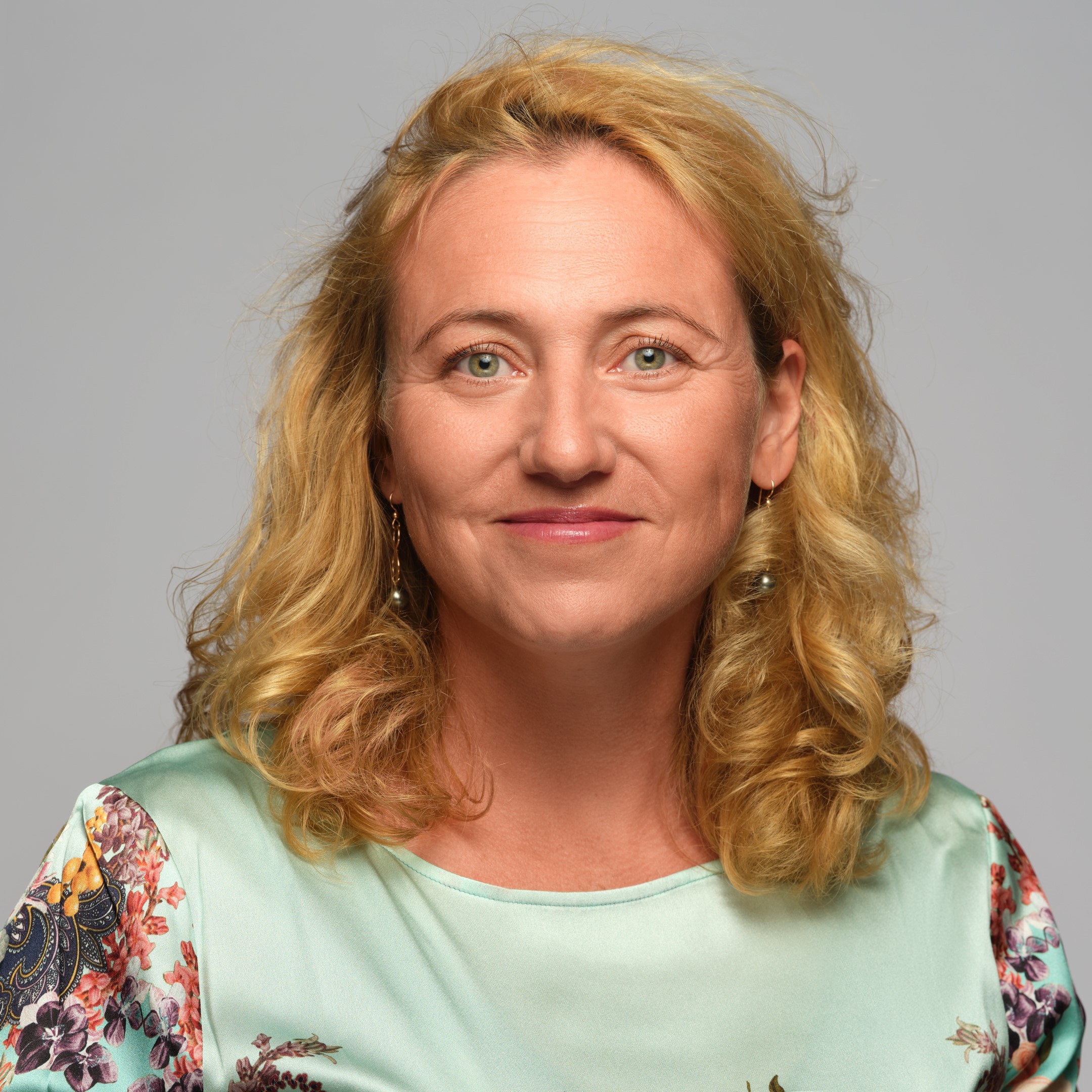
Co-founder and CEO Terra Institute. She has been accompanying companies in deep change processes for 20 years and has her focus on organisational development, corporate culture processes, as well as sustainable leadership approaches.
Evelyn has a high level of process competence and results orientation, an extensive ability to analyse and reflect, high communication competence, as well as a distinctive systems thinking. As a personal coach, she primarily accompanies people in top management.
Gudrun Pechtl
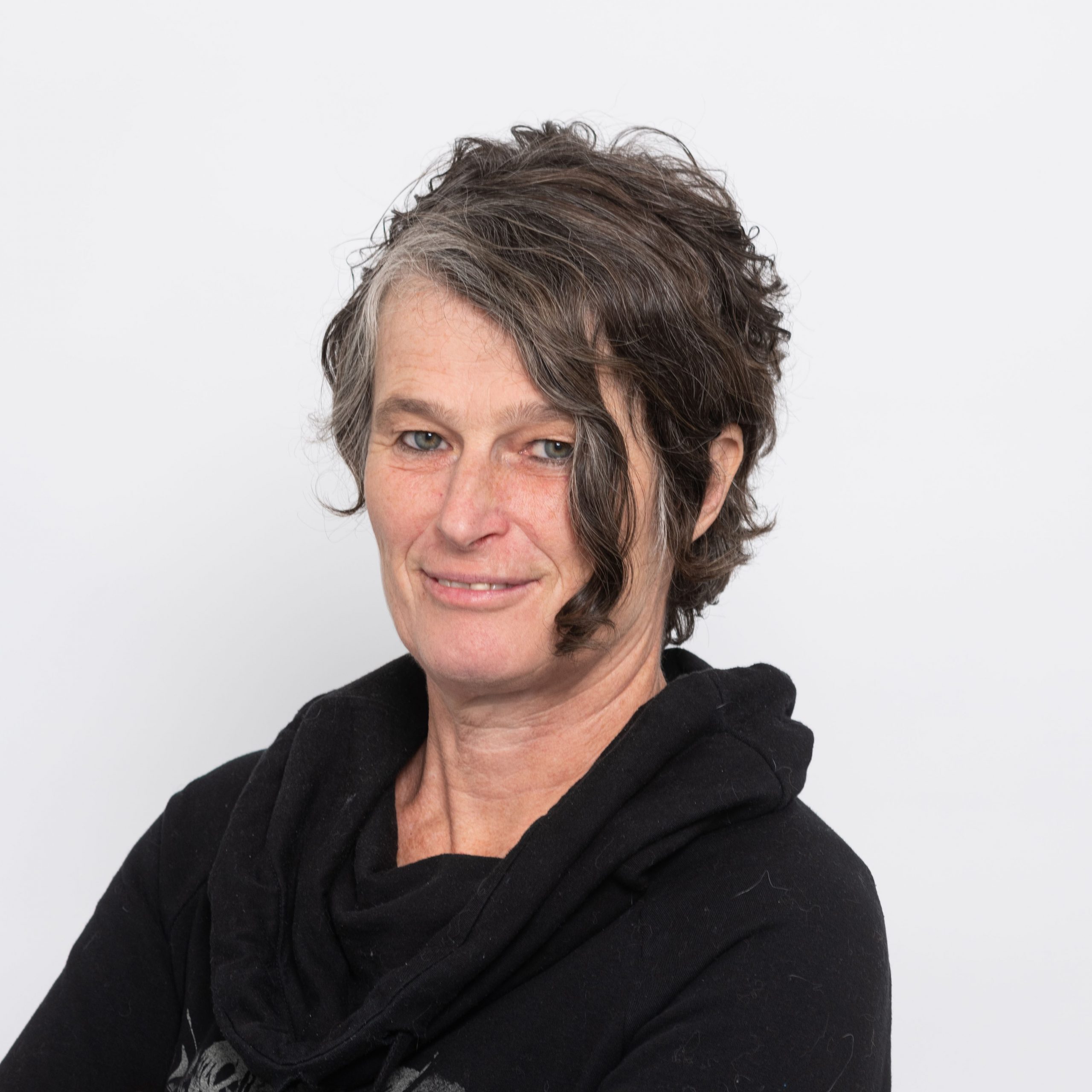
Gudrun Pechtl is a cultural scientist and experienced expert in sustainability management and regenerative food systems. She worked for many years in leading positions, first in the cultural sector and later in the food trade. She has broad experience of the entrepreneurial and transformational challenges in environmental and sustainability management. At Terra, she is responsible in particular for the area of Circular Economy.
Günther Reifer
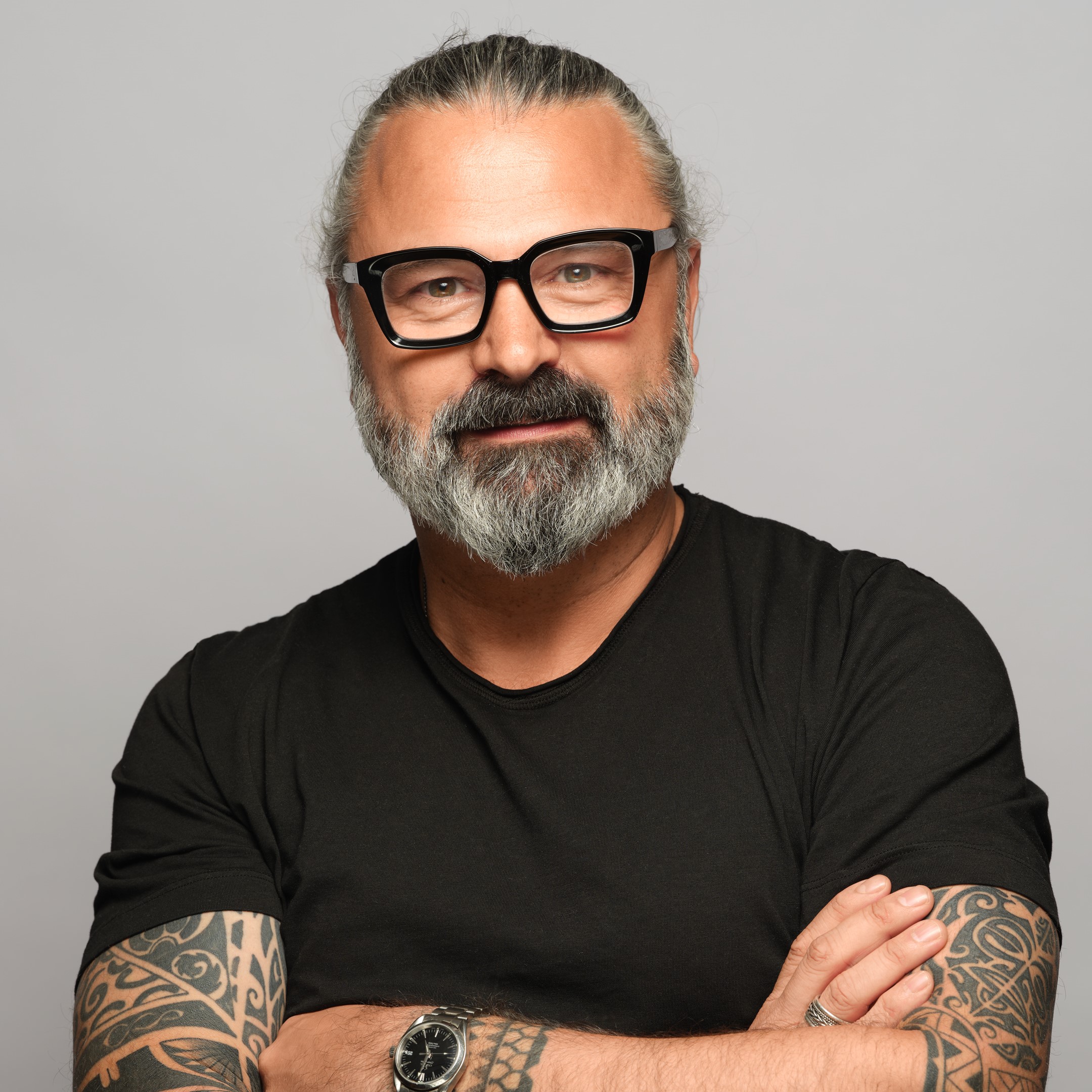
Co-founder and CEO of Terra Institute. His consultancy focuses on purpose and strategy, circular economy and sustainable finance.
He is an impulse generator, inspirer and key note speaker, a member of various supervisory and administrative boards and a lecturer at various universities in Switzerland and abroad. He is a passionate sustainability consultant and combines innovation and sustainability-innovability.
Helene Thierig
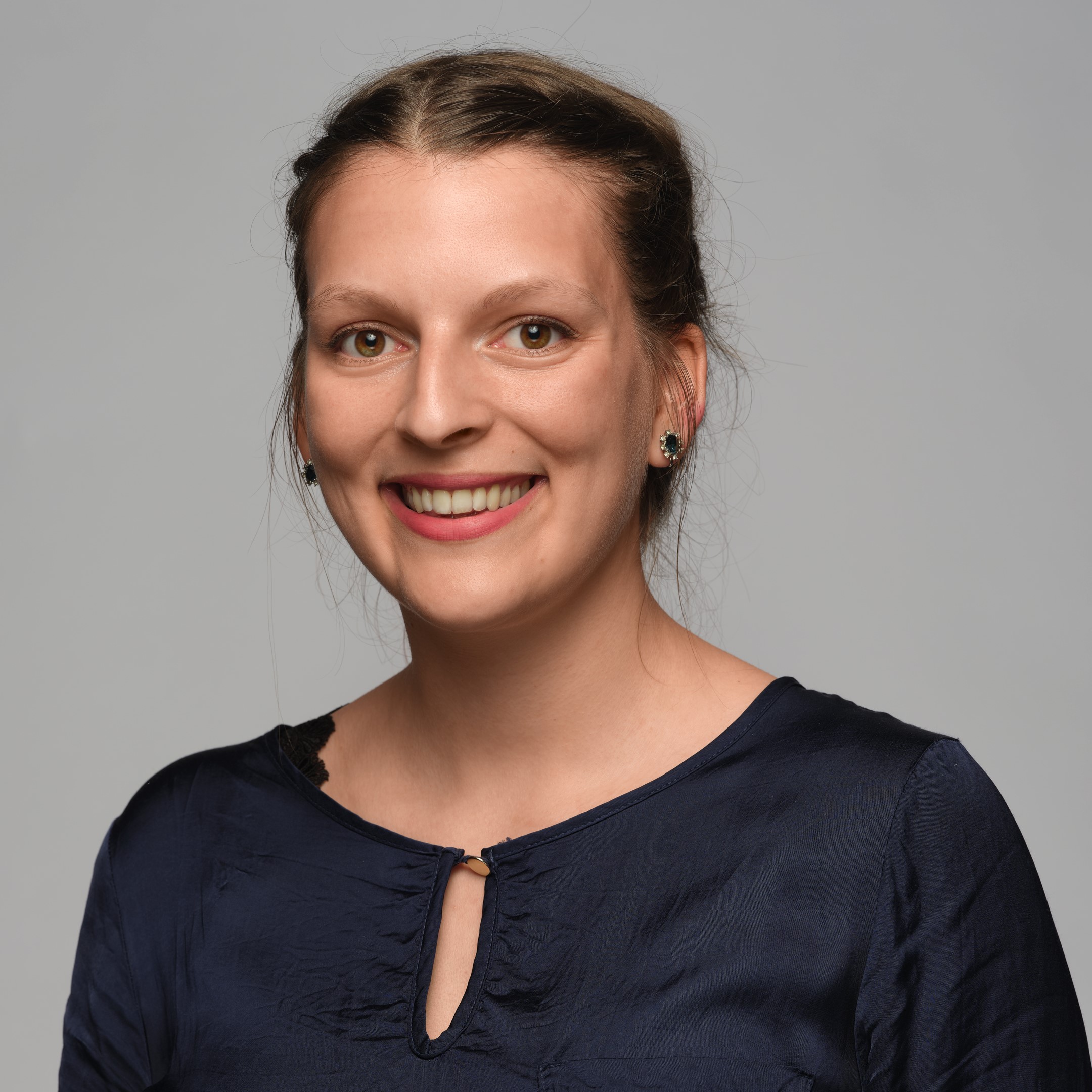
Helene Thierig works at Terra Institute in the field of regional development and has been involved in projects such as the “Strategy Landscape of South Tyrol” and participatory processes in the context of community development.
In addition to regional development, she accompanies employees of companies in processes of personal development and works on topics of sustainability and climate communication.
Werner Kössler
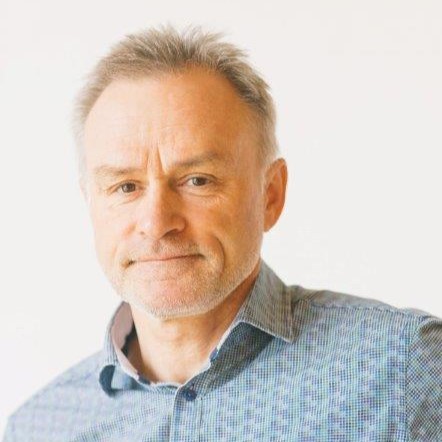
Werner Kössler is a technician and business economist and an expert in sustainability management and circular economy with 30 years of experience in various industries and companies. In a leading position, he has successfully implemented many complex projects to improve the sustainability performance of companies, always embedded in organisational development programmes.
His vocation and passion lie in actively shaping companies towards a conscious and comprehensive awareness of aspects of sustainability and circularity.
With properly designed strategies and derived measures, there are in any case also economic advantages, because sustainability is long-term economics.
Anabel Heger

Anabel Heger holds a Master’s degree in International Economics, specializing in environmental economics. She has several years of experience in supporting and advising companies on sustainable transformation processes.
Her focus is on the circular economy and sustainability reporting.
Contacts
Do you have any questions or would you like our support on your way to becoming a sustainable company?
The easiest way to get in touch with us is here!
Please note our Privacy Policy and conditions.
Thank you very much! We look forward to receiving your message!
office@terra-institute.eu
Tel. +39 0472 970 484.
-

BRESSANONE HEADQUARTERS
Terra Institute Srl
Via Sant'Albuino 2
39042 Bressanone (BZ)
Italy
INNSBRUCK OFFICE AUSTRIA WESt
Maria Theresienstr. 34
6020 Innsbruck
Austria